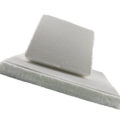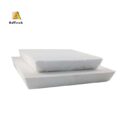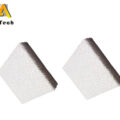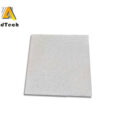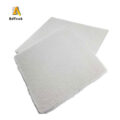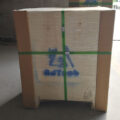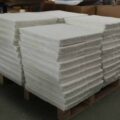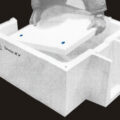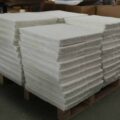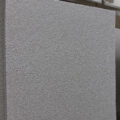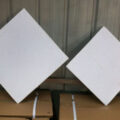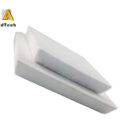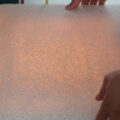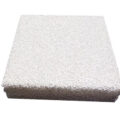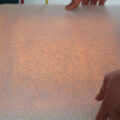The use of alumina particles in ceramic foam filters seems to be an obvious choice. Alumina is relatively chemically inert in molten aluminum and its common alloys including magnesium alloys. It is also widely used as a particulate material in refractories for melting and holding molten aluminum alloys in furnaces. In addition, before the development of a disposable ceramic foam filter, a plate-shaped alumina bed filter was used to filter molten aluminum. The bed filter is a large heating vessel containing unbonded flaky alumina particles, which can be used for repeated casting for days or even weeks. As in bed filters and refractories, prolonged exposure of molten metal to unbound aggregates requires the use of chemically inert particulate materials, such as alumina.
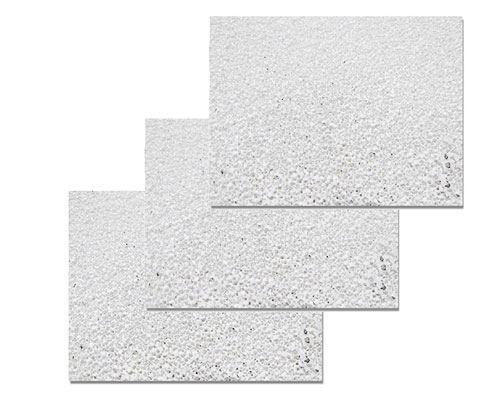
However, alumina particles in ceramic foam filters have high linear thermal expansion coefficient (8.0×10-6/°C), and due to the high thermal stress generated by the combination, the overall shape of alumina such as ceramic foam filters has poor thermal shock resistance. Thermal gradient changes caused by uneven heating and high thermal expansion coefficient. During the preheating and initial molten metal contact, the ceramic foam filter material may thermally rupture or peel off, and cause the filter material to be released into the ingot or billet as inclusions. In addition, when the foamed alumina filter is confined in the filter bowl during preheating and use, high lateral compression stress may be generated due to the high thermal expansion rate of the filter, resulting in compression failure of the filter.
Aluminum orthophosphate (Al(H2PO4)3) is widely used as a refractory binder in the metal industry. It has good green strength when dried at a relatively low temperature, has low green shrinkage, and has good strength in the subsequent firing process. Aluminum orthophosphate is relatively cheap, widely available, and requires a relatively low firing temperature (1100°C) to obtain the final aluminum phosphate (AlPO 4) bond. For these reasons, and due to the relatively low cost of aluminum orthophosphate, this material is widely used to make ceramic foam filters for molten aluminum filtration.

